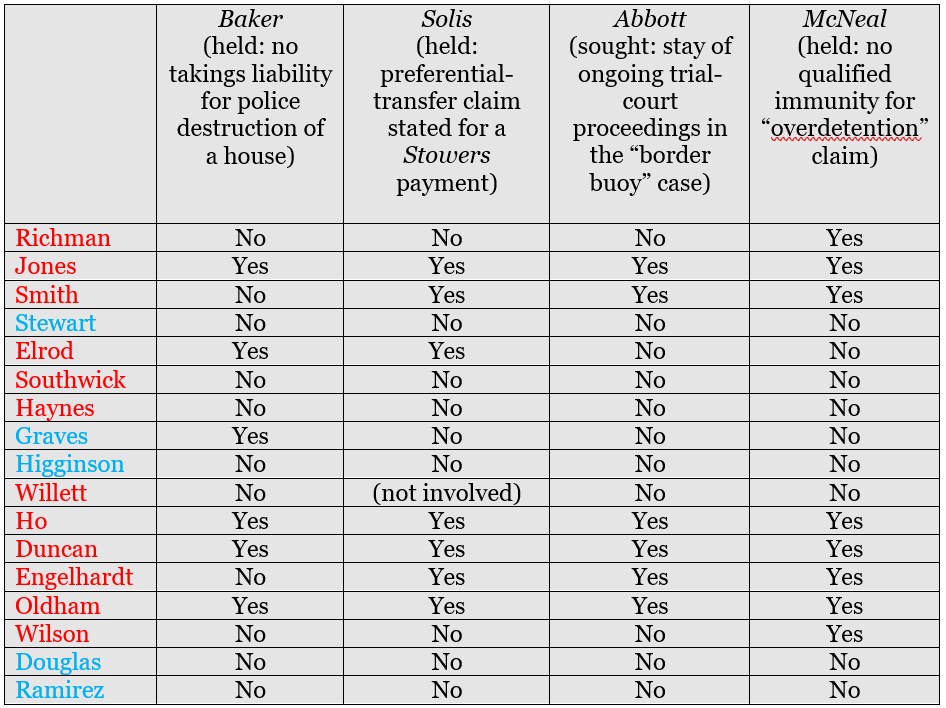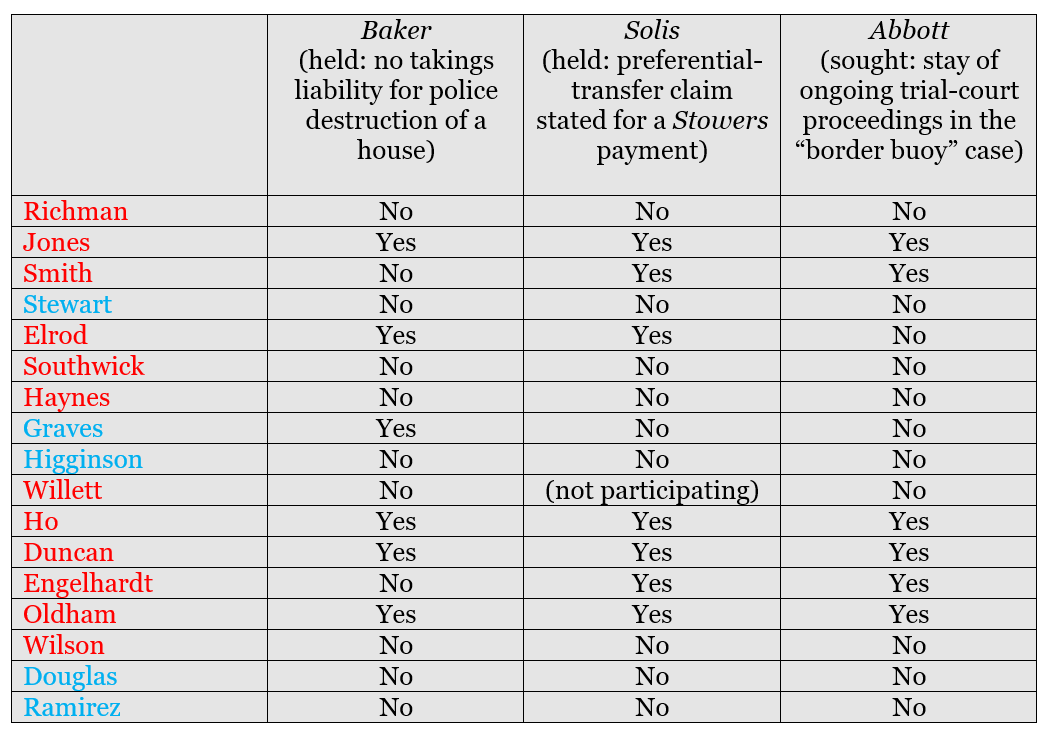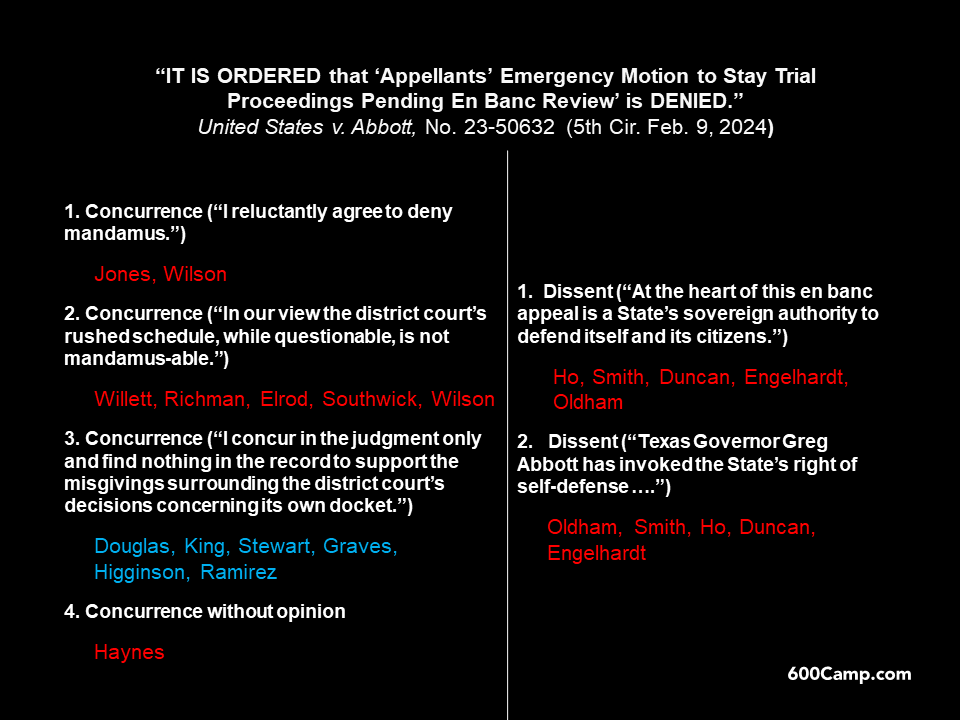 In 2022, a venue skirmish in a contentious firerarms-manufacturing case led to a Pennsylvania district court declining to return a transferred case to the Fifth Circuit. Echoes of that skirmish can be heard in In re Space Exploration Technologies Corp., a dispute between SpaceX and the NLRB, where the following occurred:
In 2022, a venue skirmish in a contentious firerarms-manufacturing case led to a Pennsylvania district court declining to return a transferred case to the Fifth Circuit. Echoes of that skirmish can be heard in In re Space Exploration Technologies Corp., a dispute between SpaceX and the NLRB, where the following occurred:
SpaceX petitioned this court for a writ of mandamus on February 16, 2024, requesting that we direct the district court to vacate its transfer order. Our court stayed the Southern District of Texas’s transfer order on February 19, 2024. Nevertheless, the Central District of California docketed the case four days later, on February 23, 2024, as case number 2:24-cv-1352-CBM-AGR.
Accordingly, the Fifth Circuit directed the district court to ask the California court to return the case. The Fifth Circuit’s order points out that the California court lacks jurisdiction, since the docketing did not occur until after the stay issued. And unlike the 2022 gun case, the transferee court agreed with the Fifth Circuit, and has indicated that it will return the case to Texas when it receives the official request from the Texas trial court. No. 24-40103 (Feb. 26, 2024) (unpublished order).










